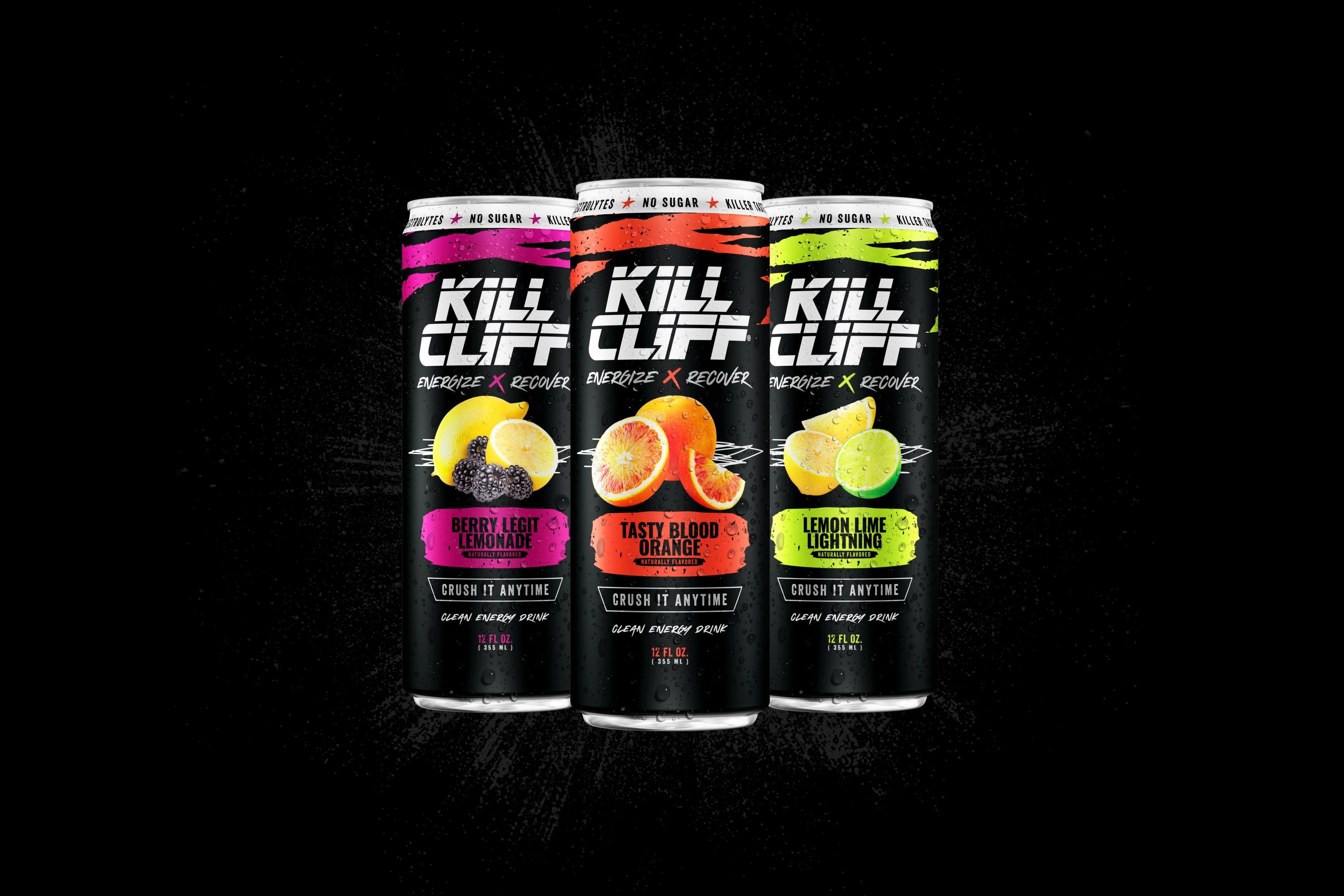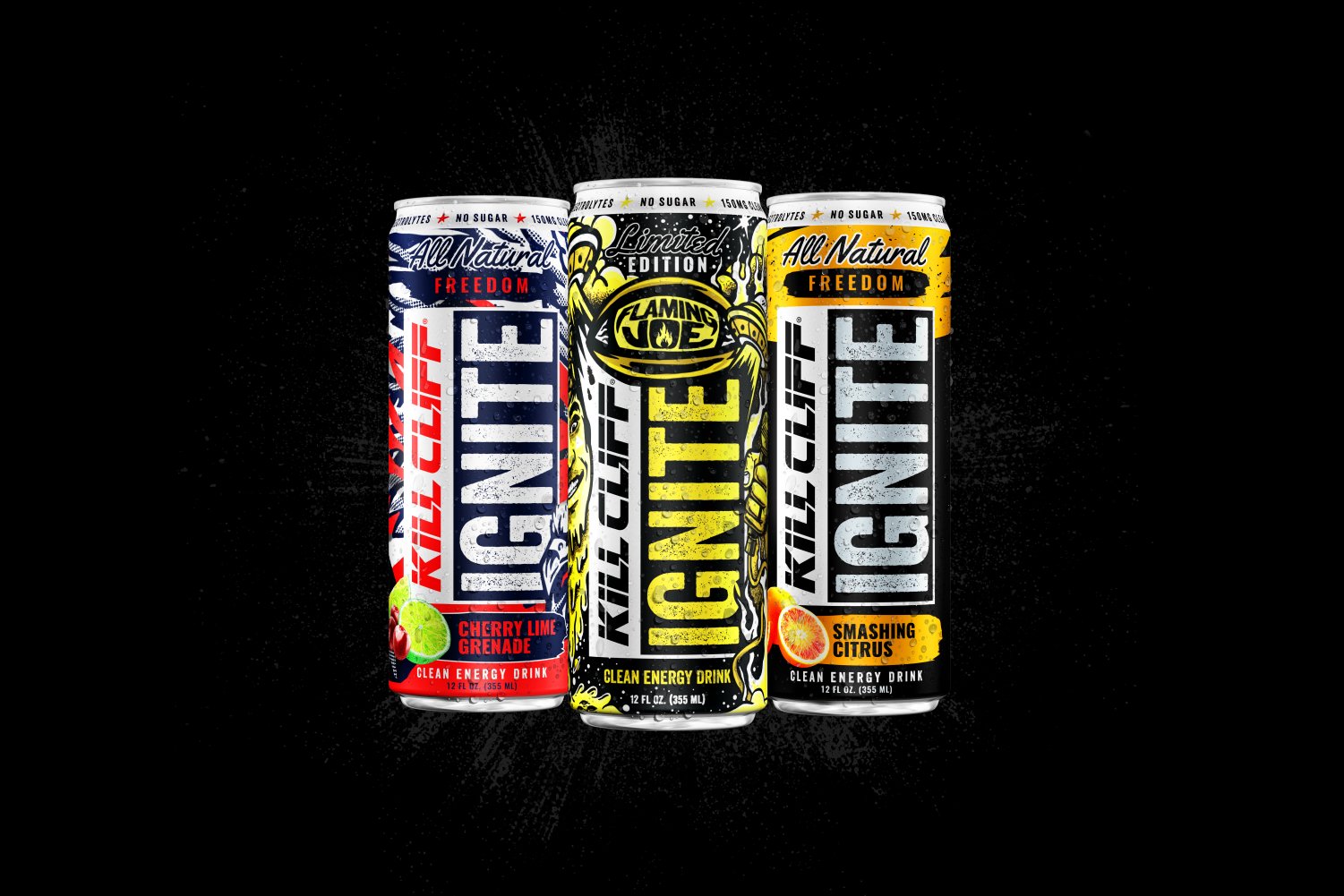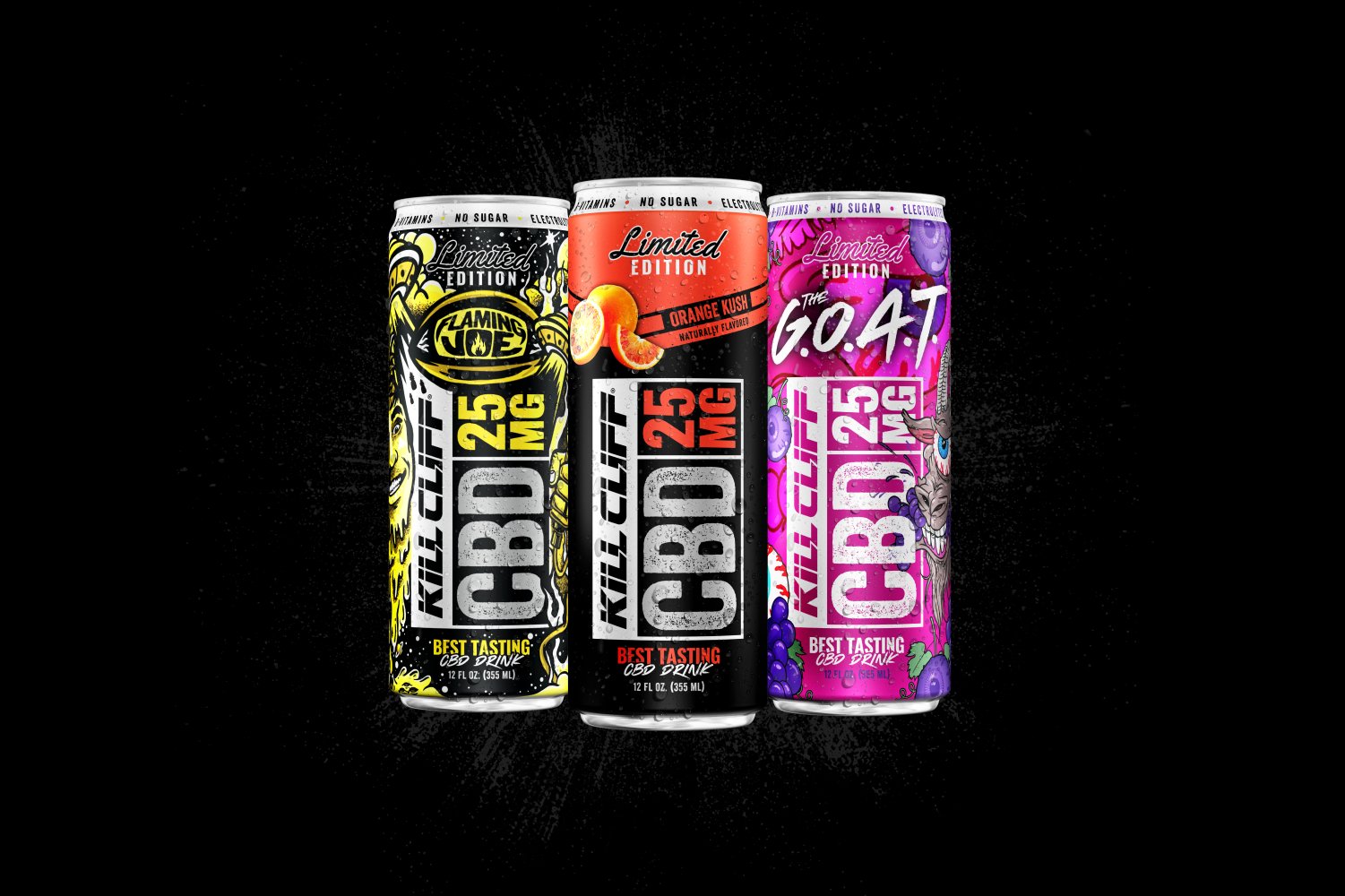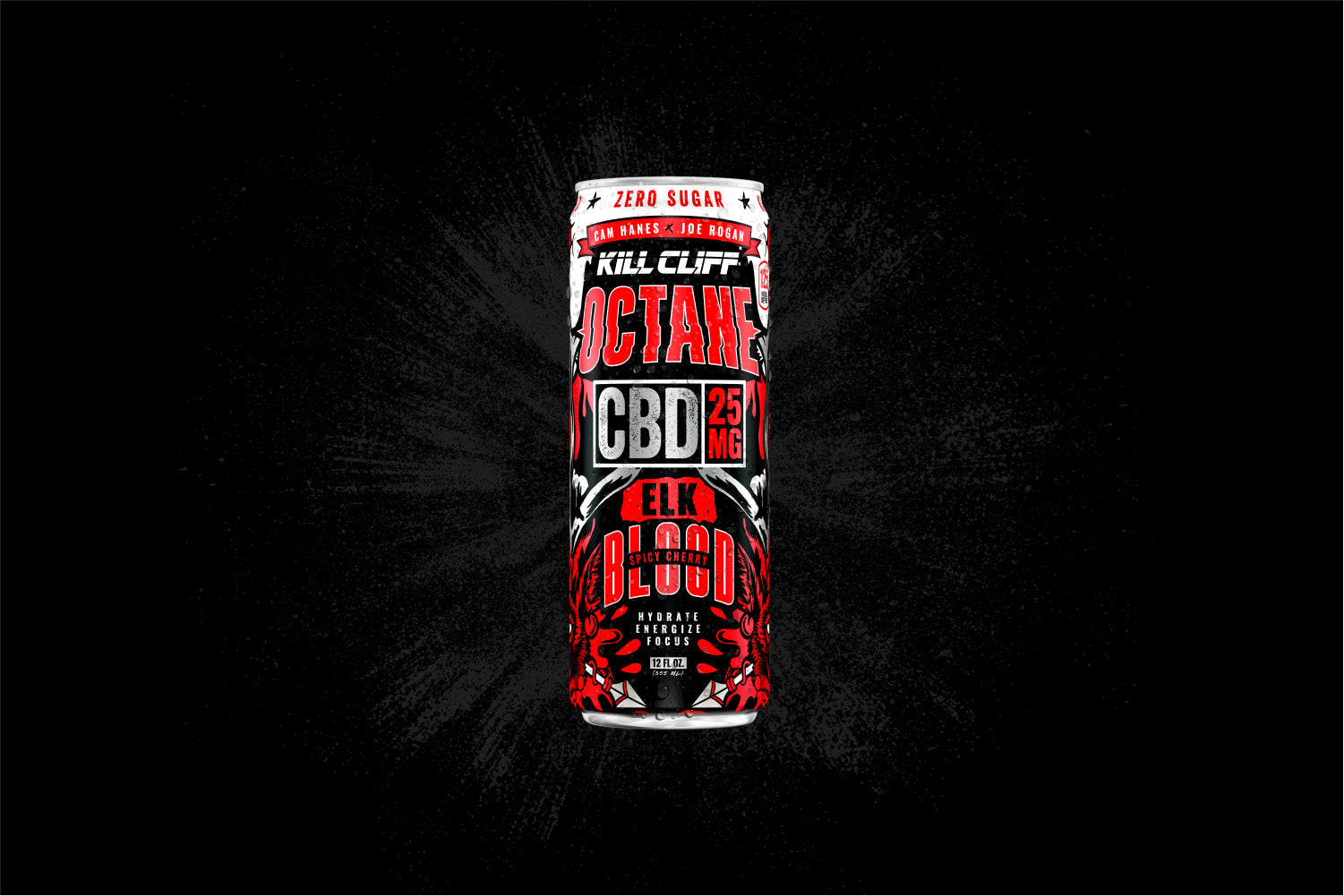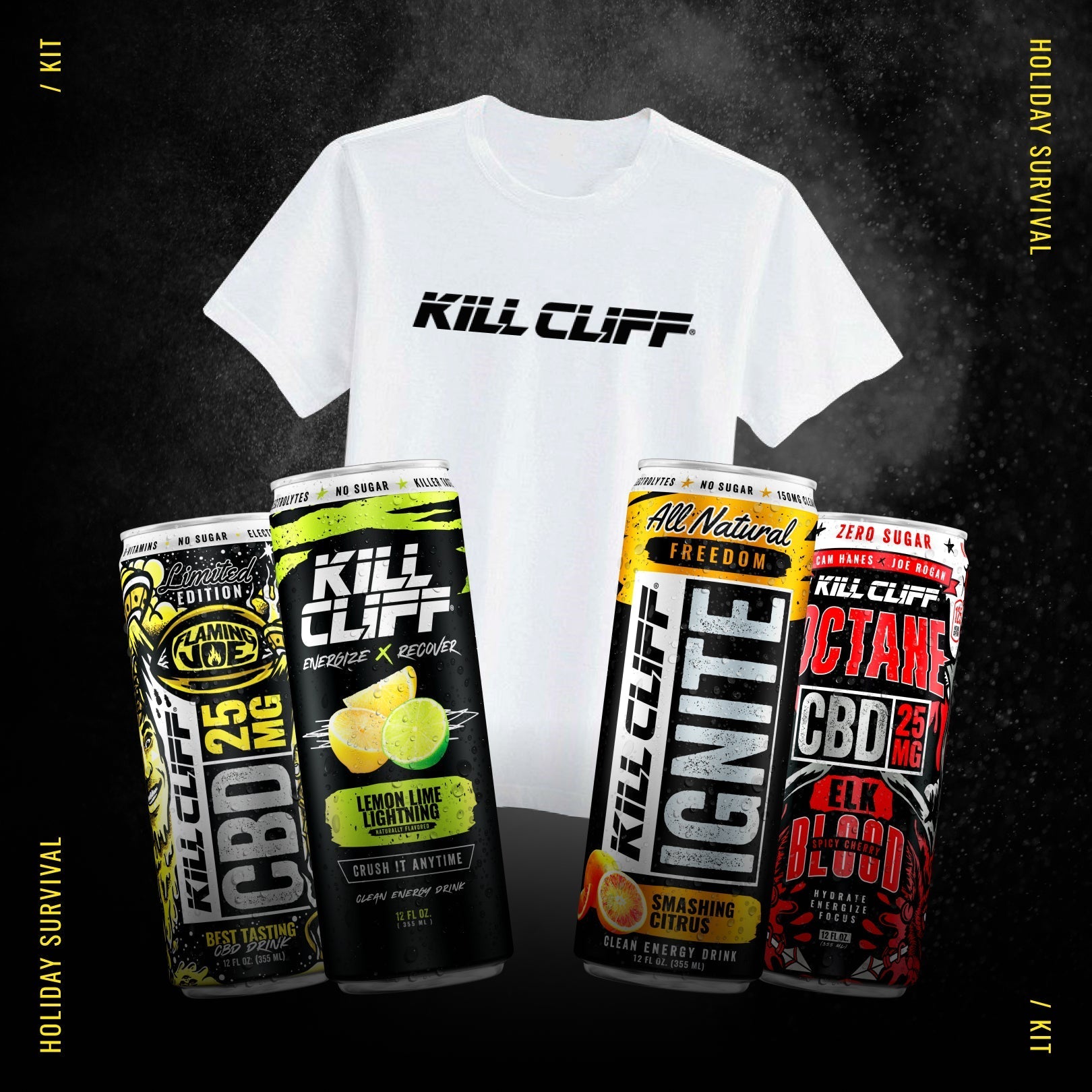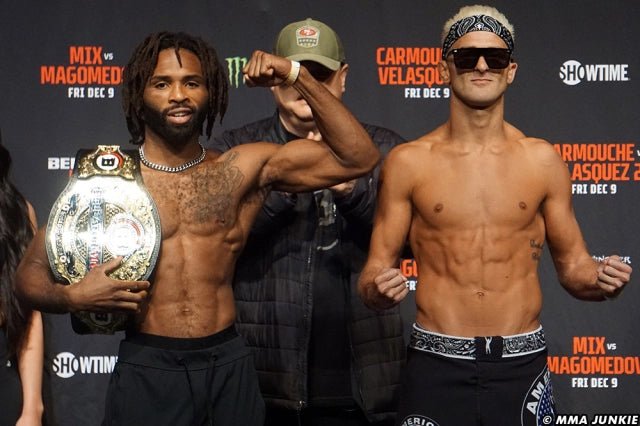
So you want to know if you really need a post-workout snack? My answer is exactly the same as it is to if you were asking about a pre-workout snack…YES! (If you want to read more on pre-workout snacks, click here) The reason is simple: recovery. But what exactly does recovery mean and what can you eat that will help with recovery? Let’s explore!
Recovery
During training or exercise, your muscles become depleted of nutrients and somewhat broken down from the stress you just put them through. This sounds terrible but it’s actually a good thing! When you add fuel back into your system, the fuel is what helps to rebuild and repair your muscles. This is called protein synthesis. When you recover with the proper fuel at the right time, protein synthesis occurs faster and training adaptation occurs. The faster you recover from your trainings, the faster you will get better at your sport! Without recovery fuel, your progress can significantly slow and even worse, injuries can start to set in. Even if you’re trying to lose a few pounds, research shows that eating after a workout can help with fat loss!
What Do I Need To Know?
There are a few guidelines when it comes to consuming a post-workout snack:
- It can be a snack or a meal- if you’re planning on eating a meal 30 min post-workout then skip the snack
- Eat within 30 min post-workout for best results (60 min max)- this is when insulin is most receptive and our bodies are most like a sponge
- Mostly quick digesting carbs, moderate protein and a little fat; typically a 3:1 ratio of carbs:protein but can be as high as 4:1 depending on the intensity
- Fluids- 24 oz per lb lost
Component of a Post-Workout Snack
Carbohydrates
Carbohydrates will put that much needed glycogen back in your muscles and help spare muscles from being used as fuel. The exact amount you consume is really going to depend on your individual body, nutrient needs and how long/intense your workout was. So here’s a good rule of thumb: 1.2-1.5 g/kg of body weight of carbohydrates immediately afterwards. More does not make a difference. So a 130 lb female would need somewhere around 70 g carbohydrates. If that seems like too much, start with half that amount and work your way up until you see max benefits. Try to avoid things like Fiber One bars or Quest Bars that have 11-15 g fiber in them; this can slow down recovery. Good Carb Choices:- Fruit- fresh, dried, juice
- Bagels, bread, muffins, even a cookie here and there
- Cold cereals like Special K
- Quick cooking oats
- Sports drinks (not G2)
Protein
Protein helps to increase glycogen storage and rehydration. Eat 1/3 of the amount of carbs you will eat in grams. So a 130 lb woman who’s eating 70 g carbs should eat 23 g protein. That’s equivalent to 1 c. plain Greek yogurt. Dairy is a great choice because it contains quick digesting whey protein AND slower digesting casein protein. Some good protein choices include:- Milk (chocolate milk for the extra carbs)
- Eggs
- Meats: chicken, turkey, beef, pork, fish (try out Epic bars or jerky)
- Cheese stick
- Yogurt (flavored gives you extra carbs)
- Whey/casein protein powder
Fats
Fats are actually not important here from a performance standpoint. Too much can slow down digestion and absorption. Try to stick to no more than 15 g of fat in your post-workout meal or snack.The Sports Dietitian’s Favorites!
So let’s put this all together and take a look at some of my personal favorite post-workout snacks:
- Oatmeal pancake: ½-1 c. oats mixed with 2-3 eggs, cook in a pan like a pancake and top w/1-2 T. 100% maple syrup and a little peanut butter
- Overnight oats: 1/2 -1 c. oats mixed with 1-2 c. milk, 2 T. shredded coconut, 1 T. chia seeds, 1 T. peanut butter
- Fruit Smoothie: 1 small banana, 1 c. plain Greek yogurt, 2 T. peanut butter, dash of cinnamon and enough milk to make the blender blend well
- Veggie Frittata: this is basically a crustless quiche with whatever veggies I have on hand, I eat this with 2 slices of toast and a piece of fruit on the side
